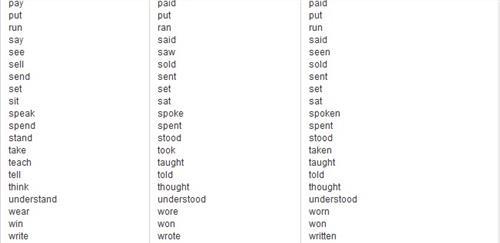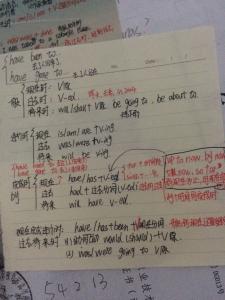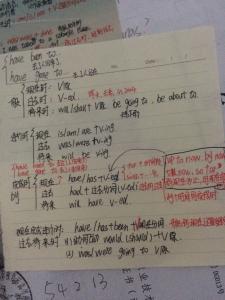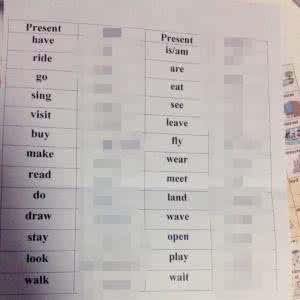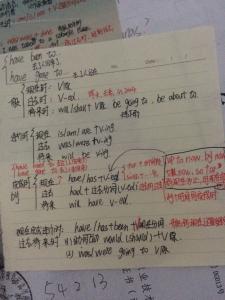start有开始;出发;震惊等意思,那么你知道start的过去式是什么吗?下面跟着小编一起来学习一下,希望对大家的学习有所帮助!
start的各种时态:过去式: started
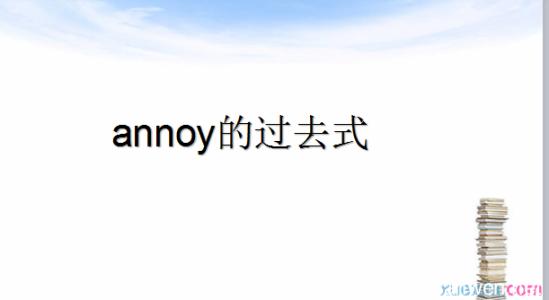
过去分词: started
现在分词: starting
start的用法:start的用法1:start的基本意思是“从静止状态转移到运动状态”,可指工作、活动等的开始; 战争、火灾等的发生; 也可指人开始工作,着手某项活动等; 还可指人、事物使某事情发生或引起某事情。
start的用法2:start可用作不及物动词,也可用作及物动词。用作及物动词时,可接名词、代词、动名词、动词不定式作宾语,也可接以现在分词充当补足语的复合宾语。start偶尔还可用作系动词,接形容词作表语。
start的用法3:start可用一般现在时或现在进行时来表示将来。
start的用法4:start后可接动名词或动词不定式。接动名词时常表示动作将持续下去,接动词不定式时常表示动作的开始。
start的用法5:start用作可数名词的基本意思是“开始,出发,起点”,可指做某件事情的开始,也可指某件事情的开始地点,是可数名词。
start的用法6:start也可用于表示某件事开始时就有“领先地位,有利条件”,通常用作不可数名词,但可用不定冠词a修饰。
start的过去式例句:1. The minute that the war started, everybody was glued to the television.
战事一起,所有人都盯紧了电视报道。
2. I started with the Viennese speciality frittatensuppe, or pancake soup.
我吃的第一道菜是维也纳特色菜鸡蛋饼汤,也叫炒饼汤。
3. Queen Mary started the fashion for blue and white china in England.
玛丽女王开启了青花瓷在英格兰的流行风尚。
4. She lost her head and started screaming at me.
她惊慌失措,开始向我大声尖叫。
5. The lift started off, juddered, and went out of action.
电梯开动了,接着剧烈震颤起来,然后就毫无反应了。
6. Sarah lifted her hand and started twirling a strand of hair.
萨拉抬起手来开始用手指缠绕一缕头发。
7. He became more aware of the things that started that tension off.
他越来越清楚地认识到引起紧张局势的原因。
8. She started once again on the steep upward climb.
她又开始沿着陡峭的山路往上爬。
9. It was 1956 when Susanna started the work on the garden.
苏珊娜是从1956年开始修建这个花园的。
10. I'll say you started it, that you threw yourself at me.
我觉得是你主动向我投怀送抱。
11. The boat started to spin around in the water.
船开始在水中打旋。
12. The Great War started in August of that year.
第一次世界大战于那年8月爆发。
13. It all started so promisingly when Speed scored a tremendous first goal.
比赛开始的时候形势大好,斯皮德以一记精彩的进球拔得头筹。
14. Molly had cringed when Ann started picking up the guitar.
安开始弹吉他时,莫莉感到有些难堪。
15. His mouth was a little open, as if he'd started to scream.
他的嘴微微张开,似乎是要开始尖叫.
 爱华网
爱华网